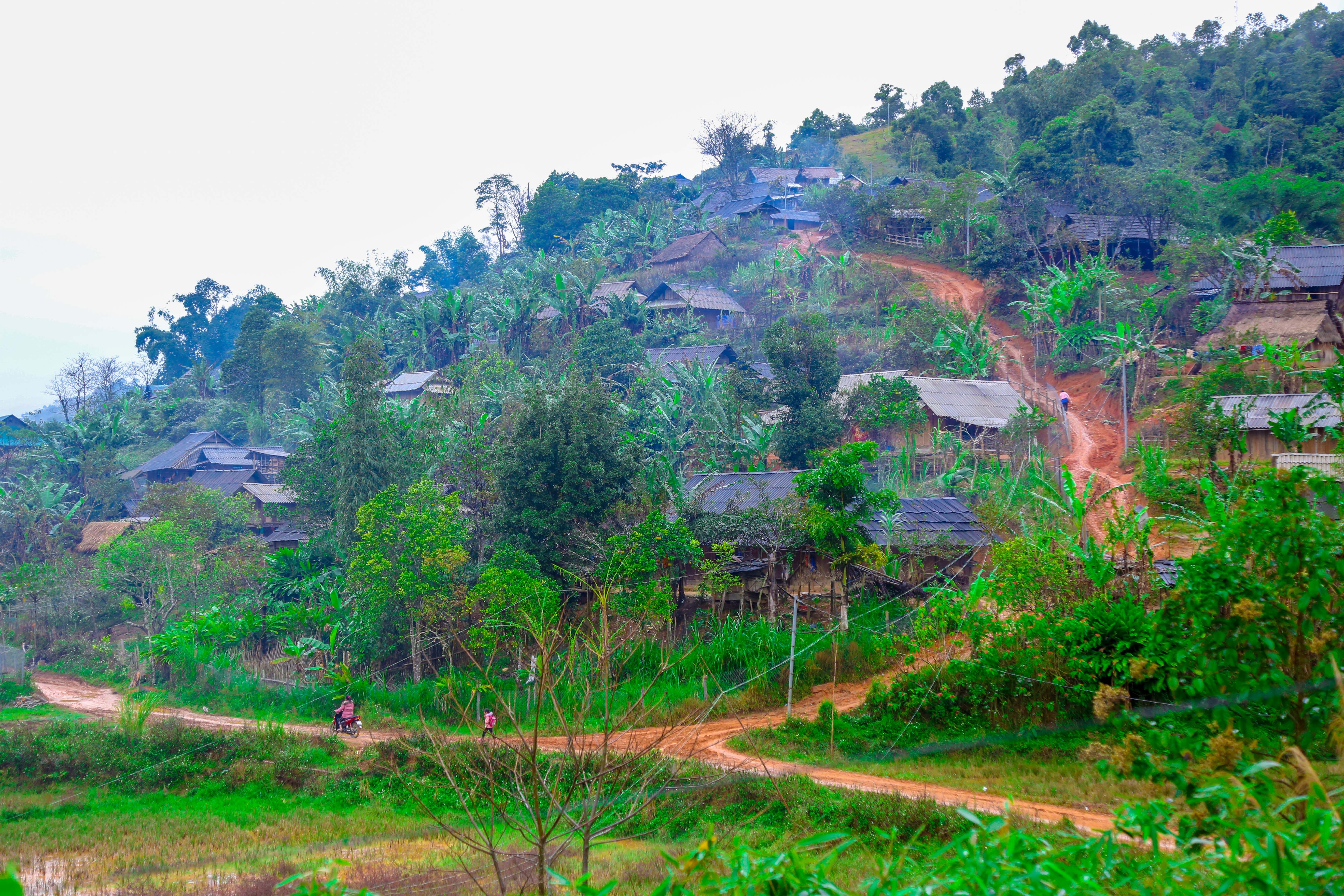

In Ky Son district - an area with a 203.4 km long border (including 111.4 km of border on rivers and streams) adjacent to 4 districts and 3 provinces of Laos; there is Nam Can international border gate and many border crossings. The whole district has 21 communes and towns, including 11 border communes; 172/191 villages are in particularly difficult situations.
Due to the difficult life, in recent years, many people of working age in Ky Son district have left their villages to work far away in many localities in the country (mainly the southern provinces) and neighboring countries such as Laos, Thailand, etc. However, due to the limited level of awareness and understanding of the Party's policies and the State's laws, some people have been taken advantage of by bad guys, incited and persuaded to abandon their customs, traditions, and traditional cultural values of the Mong, Thai, and Kho Mu people, etc. to follow "strange religions" and return to illegally preach, causing insecurity and disorder in the area and causing resentment among the people.

Huoi Tu commune (Ky Son) has 1,014 households, 4,802 people, with 5 ethnic groups: Thai, Kho Mu, Mong, Tho, Kinh living in 13 villages, of which Mong people account for 97%. Due to the low socio-economic starting point of the commune, the high rate of poor households, people's lives still face many difficulties, the security situation in villages and hamlets still has many unpredictable potentials. Especially recently, some individuals have been lured and enticed by some organizations and individuals outside the area to follow strange religions (called by the Mong people as following Vang Chu). Since 2020, the whole commune has had up to 32 people illegally preaching and following strange religions, abandoning the customs and practices of the Mong people... at the instigation of bad guys.
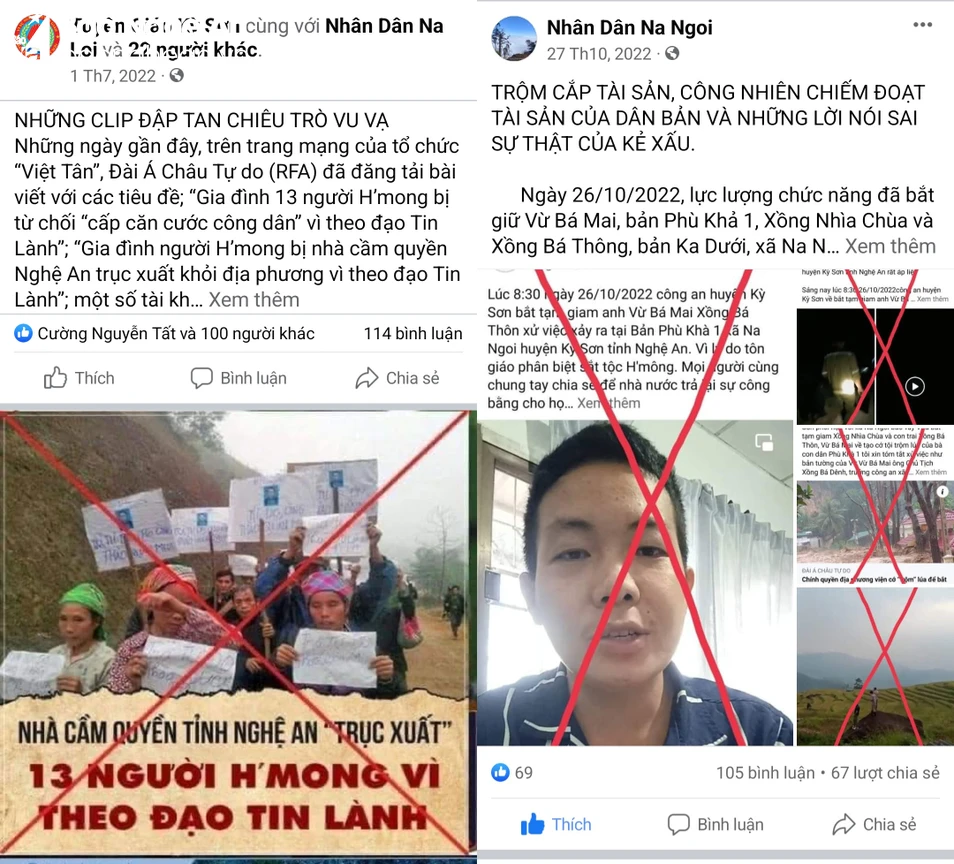
For example, in Huoi Mu village, there was a case where Vu Ba S. went to work as a worker in the South and then followed a strange religion. When he returned, he removed the ancestral altar, causing disunity in the family (he has now left the locality). In Huoi Kha village (Huoi Tu commune), there was a case of Lau YP following a strange religion. "Thanks to timely analysis and propaganda by officials and prestigious people, no one in the village followed a strange religion like Lau YP. Besides propaganda work, the village also stipulates that if anyone follows a strange religion, the village will not consider it when evaluating support policies of the State," said Head of Huoi Kha village - Mr. Denh Dua Thai.
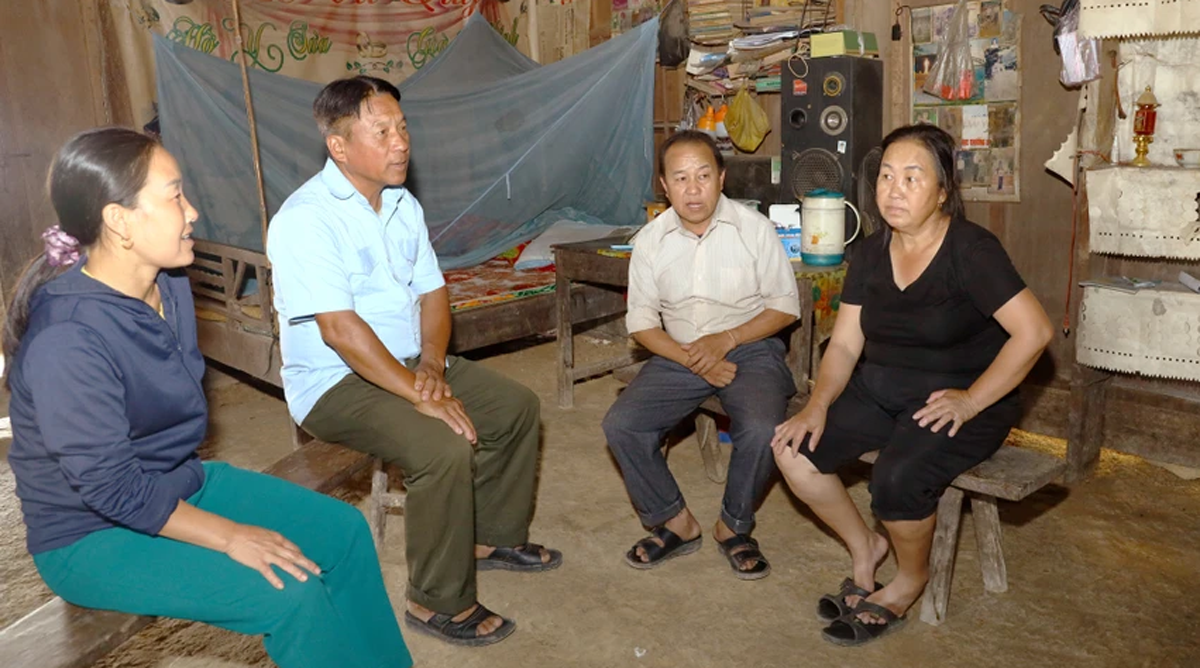
According to the Secretary of the Huoi Tu Commune Party Committee - Mr. Denh Ba Long, the local Party Committee and government have implemented many solutions to make individuals and households voluntarily pledge to give up participating in illegal religious activities and preaching, return to traditional customs and practices, worship ancestors, and build a new life with the villagers. With the characteristics of the highland area, the intellectual level of the people is limited, the internet is only available in the central area, so oral propaganda is still the main work, especially for hot and sensitive issues. Because this is a form of direct interaction and exchange between the speaker and the listener and can be flexibly adjusted depending on the attitude and perception of the listener, creating a higher level of trust and information verification for the people. For those who follow strange religions, the Party Committee, government and functional forces still stick to the people and the village, taking advantage of propaganda in the evenings, when people return from working in the fields.
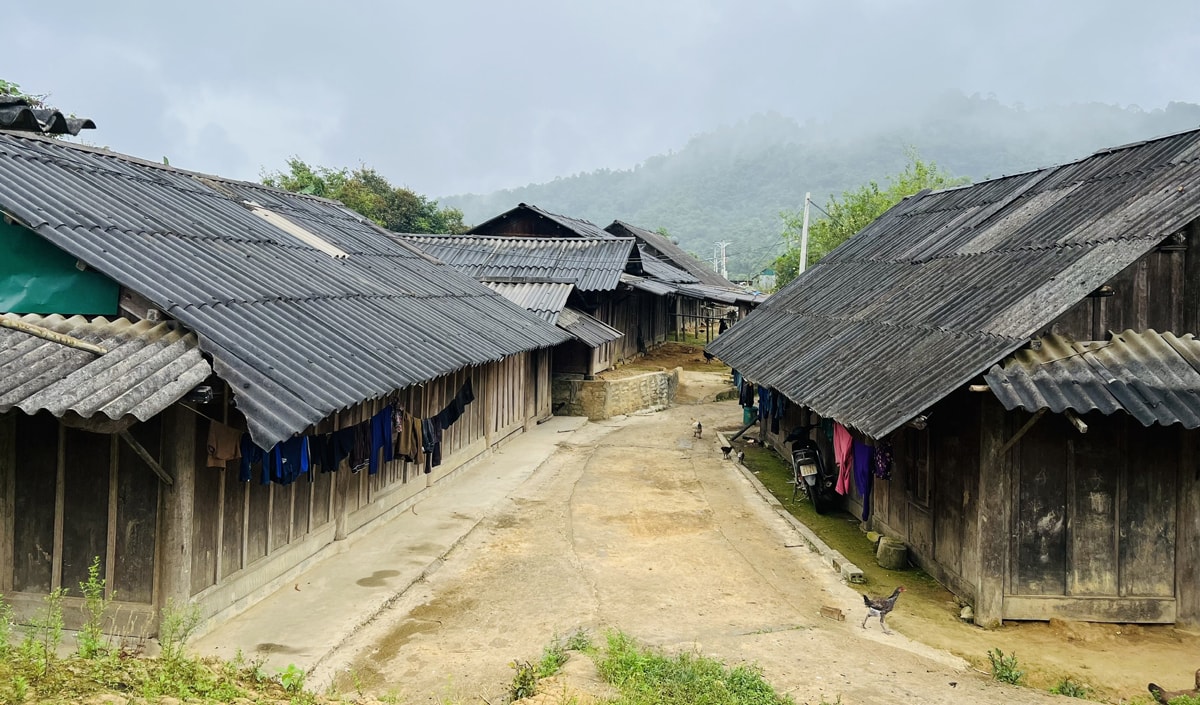
It is known that currently in Huoi Tu commune there are 10 subjects under concentrated monitoring in Huoi Mu and Huoi Kha villages, who have not shown any signs for a long time. In addition to assigning commune leaders, heads of commune-level mass organizations such as the President of the Women's Union, the President of the Fatherland Front, etc. to participate in activities in the village to grasp the situation, the commune has also directed the team of village and hamlet cadres to promote the role of prestigious people in the clans in propaganda work, mobilizing people to well implement the Party's policies and the State's laws, not listening to bad people's instigation, because telling people to listen is one thing, but telling people to believe and follow requires people with a "voice" in the Mong community to stand up and persuade, achieving high efficiency.
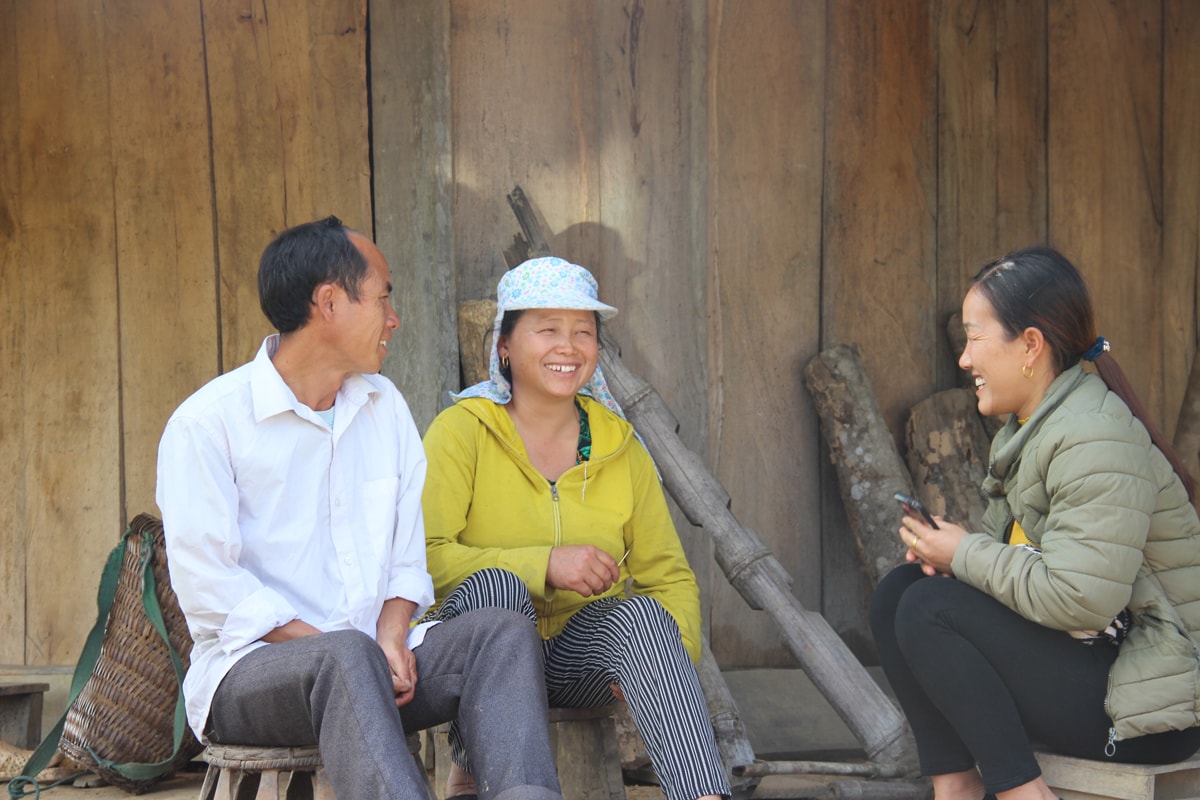
Discussing solutions to prevent and combat the infiltration of strange religions into the area, Mr. Ly Ba Thai - Standing Deputy Secretary of the Ky Son District Party Committee, said: Recently, a number of cases related to illegal proselytizing have occurred in the district. The Standing Committee of the District Party Committee has directed the entire political system to coordinate with functional forces stationed in the area to propagate in many languages, instructing village and hamlet cadres to take advantage of the voices of prestigious people and heads of clans to propagate in community activities; combining oral propaganda, individual propaganda with propaganda on social networks to protect the customs and culture of their people.
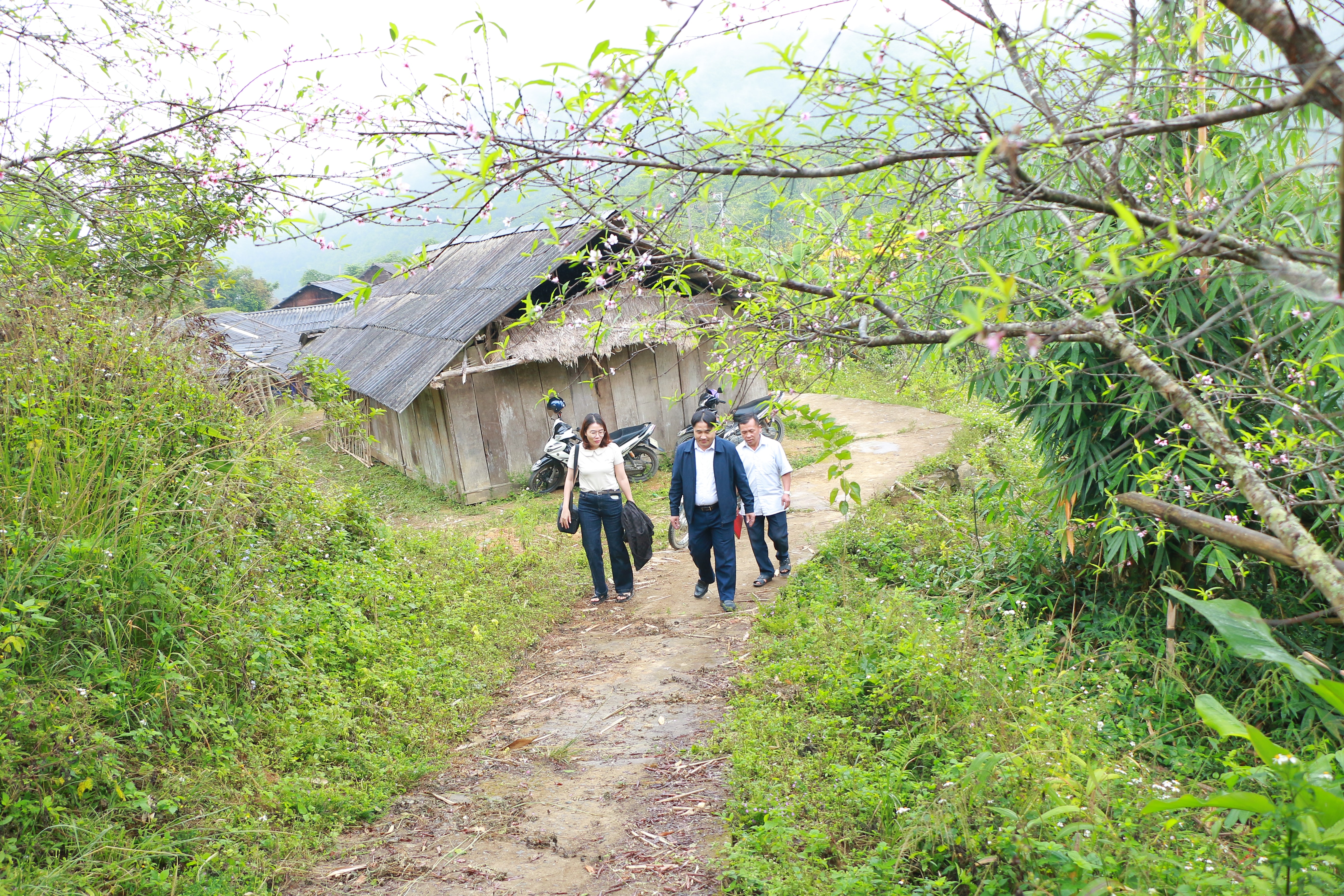
Accordingly, both propagandizing and mobilizing the target and propagandizing to the villagers about the plots of hostile forces. At the same time, building models to "help people have enough food and be self-sufficient in their villages", implementing social security programs such as 1,800 houses supported by the Ministry of Public Security and the province, so that people can see the policies, guidelines, and attention of the Party Committee and the government; and trust in the leadership of the Party and the State.

Pha Lom Village - Tam Hop Commune (Tuong Duong District) is an area where 100% of Mong people with 2 clans Xong and Lau live together. In recent years, some subjects have appeared to secretly spread Protestantism illegally, disturbing the lives of the people.
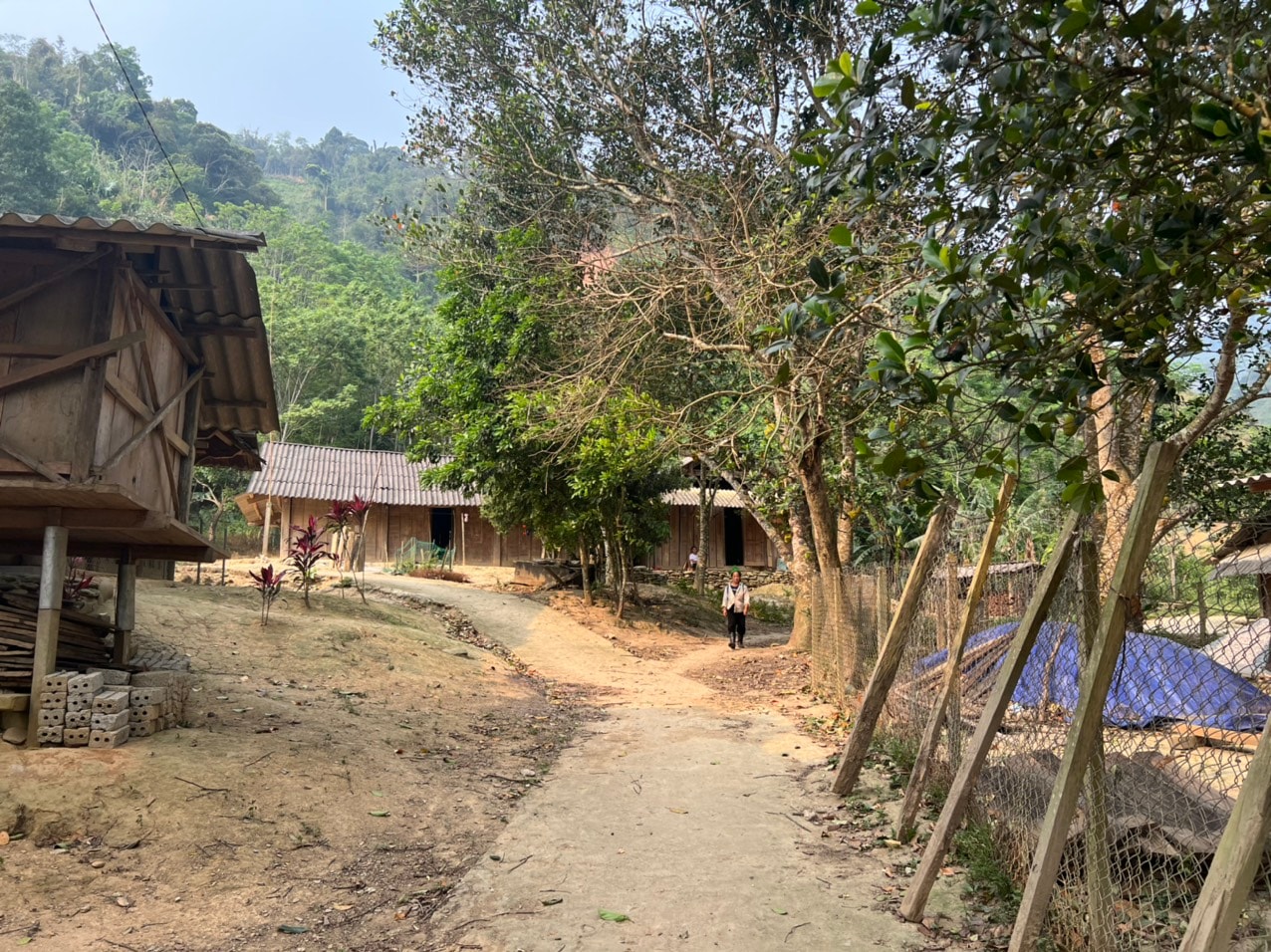
To prevent timely prevention, the Party Committee and the government of Tam Hop commune have directed departments, branches and organizations to coordinate with the Border Guard to regularly monitor the area. Every Sunday, commune officials are present in the village to mobilize people not to participate in illegal religious activities. The commune regularly organizes propaganda campaigns combined with meetings in villages and hamlets to raise people's vigilance, not to fall into the trap of bad guys who disrupt security and order in the area. In addition, mobilize people to focus on production, socio-economic development and preserve their ethnic cultural identity; coordinate with the Party Committee, the Village Management Board, village elders, prestigious people, and clan leaders to fight and strongly oppose illegal proselytizing, and mobilize households that follow Protestantism to abandon illegal proselytizing activities in the area.
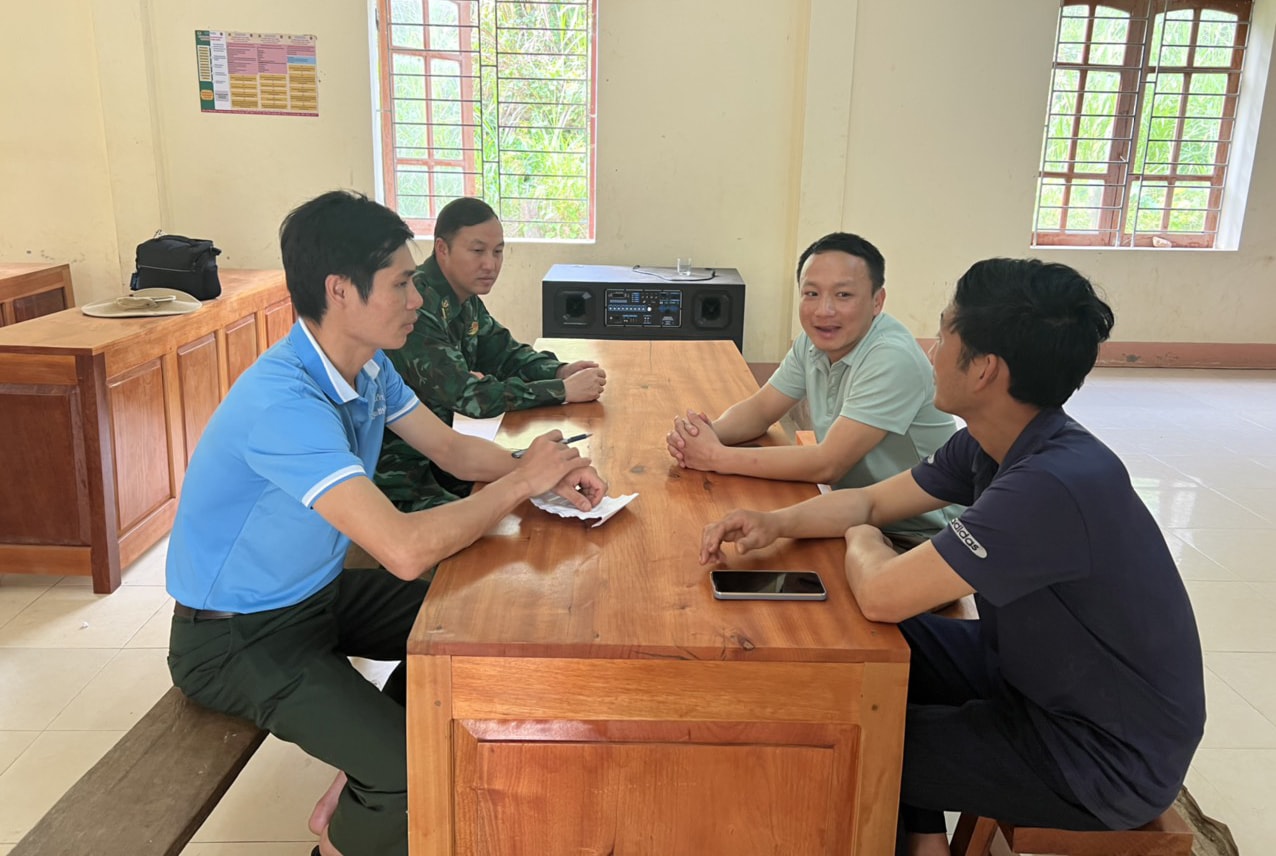
In particular, the Party Committee and the government of Tam Hop commune also regularly coordinate with the Border Guard Station in the area and the commune police force to establish and strictly maintain a working group in Pha Lom village to monitor and supervise to prevent illegal Protestant activities. Coordinate with the Lau clan to propagate and mobilize the Lau Song L. household to abandon their religion and rebuild their ancestral altar, in accordance with the tradition of the nation. Coordinate with the Xong Da X. household to move their camp out of the Dao tree slope area (within the protective forest). At the same time, many activities are deployed to help Pha Lom village build a new countryside.
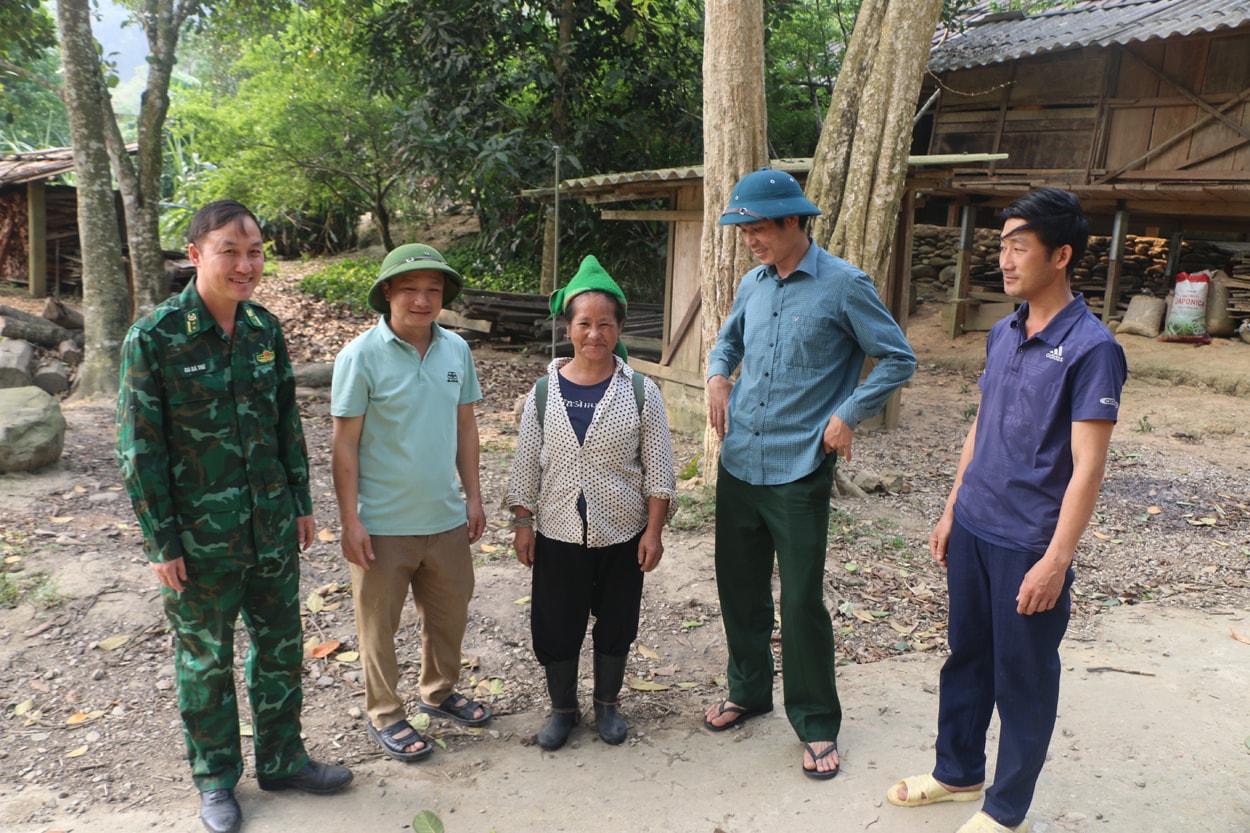
“Currently, Pha Lom village has achieved 11/13 criteria for a new rural village and is striving to reach the finish line in 2024,” said Mr. Gia Ba Tru - a Border Guard officer appointed as Deputy Secretary of the Party Committee of Tam Hop commune. The solidarity, consensus, and cooperation between the local Party Committee, government, armed forces, and people have motivated Pha Lom village in particular, and the villages and hamlets in Tam Hop commune in general, to gradually escape poverty, ensure security, order, and keep the border area peaceful.
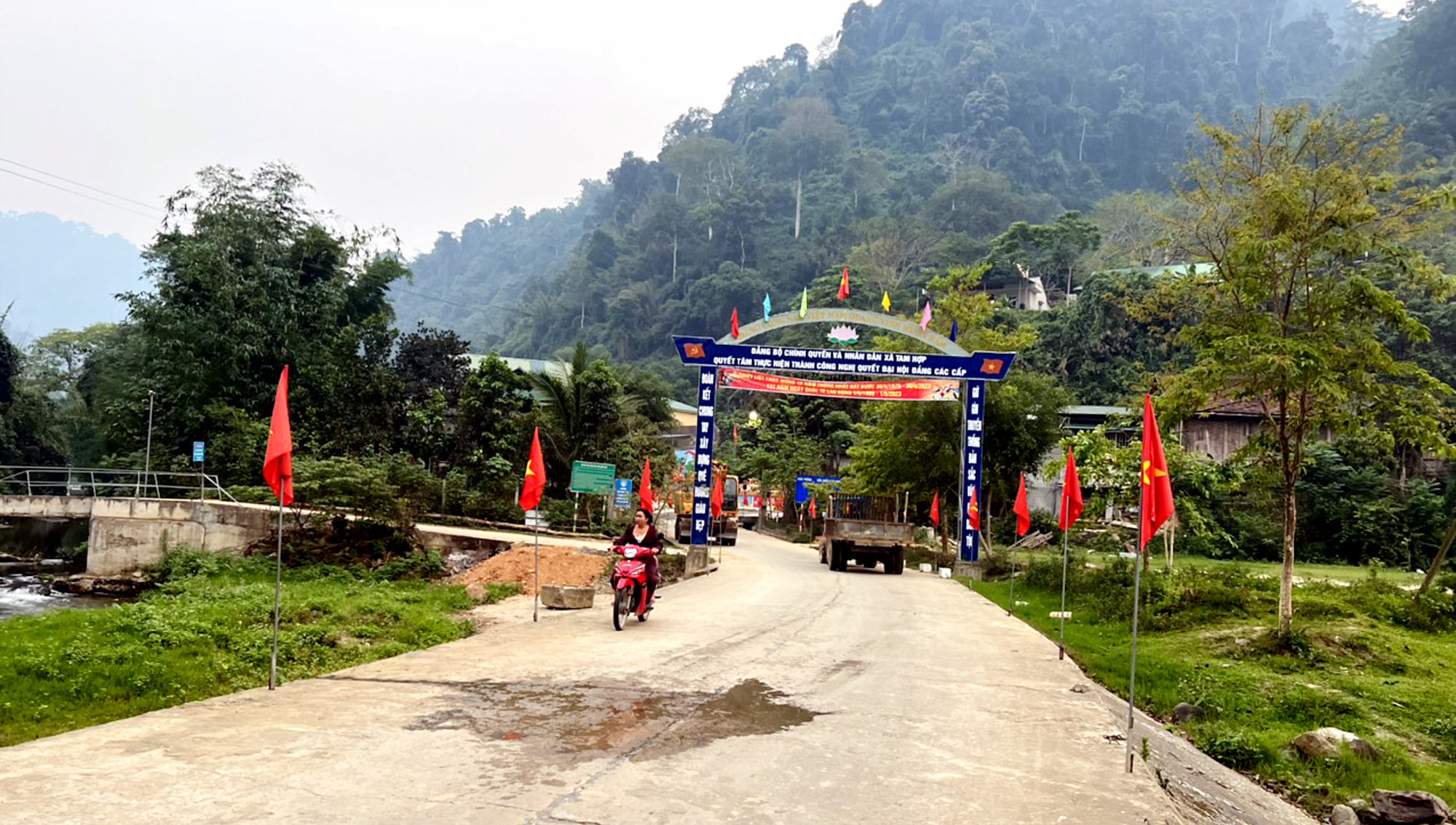
In the border commune of Tri Le (Que Phong district), where the border is 18,530 km long, there are 16 villages, including 5 villages of Mong ethnic people living close to the border. When discovering 3 households practicing Protestantism illegally in Mong Muong Long village (including households Ly Y. S, Tho Gi. D, Va GT); although the area is more than 30 km from the commune center with a single road clinging to the rugged, slippery, winding mountainside, the Party Committee and the commune government coordinated with the functional forces stationed in the area to establish a working group to strengthen contact with the people and villages to propagate Protestant households to strictly comply with the village and local regulations. At the same time, monitor and prevent illegal religious activities...
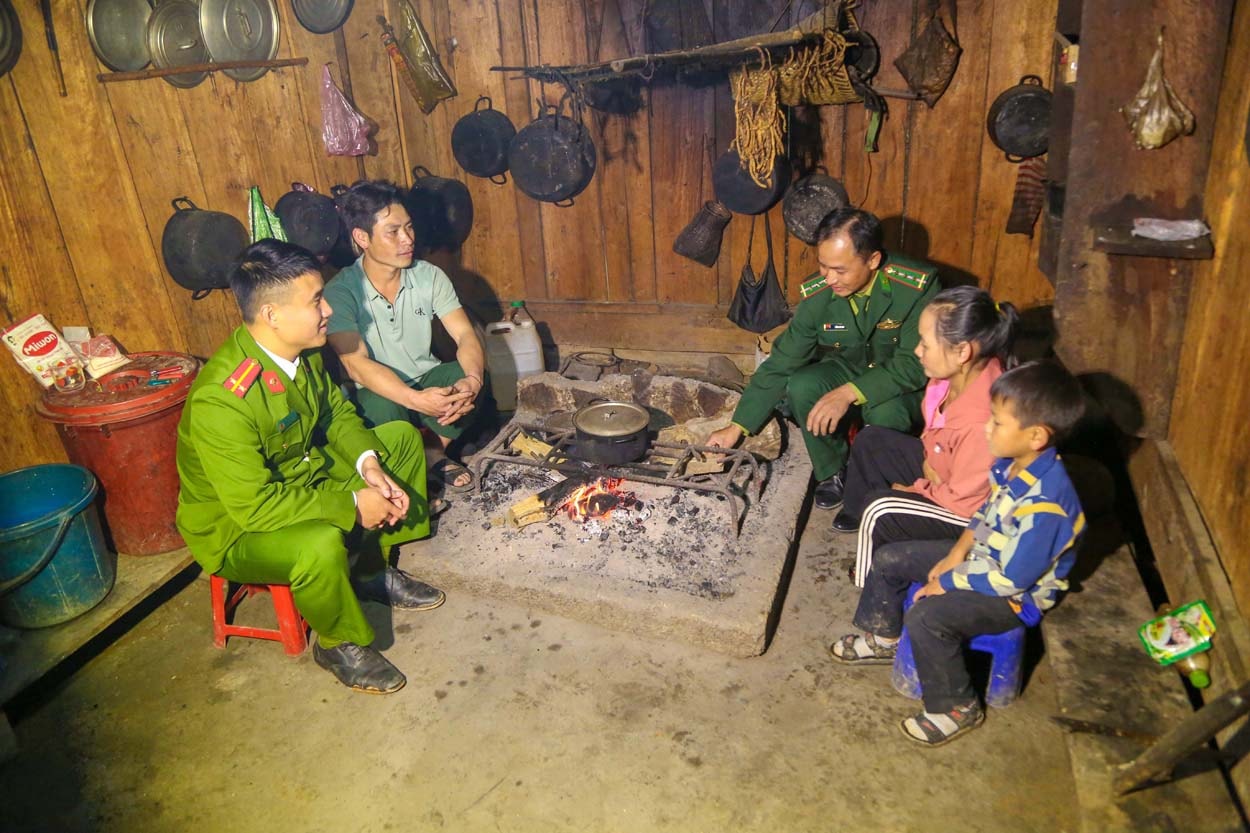
A leader of Tri Le commune said: "Recently, there was a case of Va BD (Muong Long village), the illegitimate son of Ly YS, who returned from working far away. He listened to his mother and followed a strange religion, abandoning the ancestral altar. Thanks to his close contact with the area and timely grasp of the situation, the government, organizations and functional forces established a working group to stay in the village to propagate Va BD to return to the traditional customs of the Mong people. He also supported 3 chickens for Va BD to organize a ceremony and re-establish the ancestral altar on March 1st...".
The timely and synchronous solutions of the Party Committee, the government and the functional forces have contributed to preventing and repelling strange religions, preserving and promoting traditions and cultural identities in ethnic minority and mountainous areas, contributing to the peace of villages in border areas, joining hands to build a new life...
